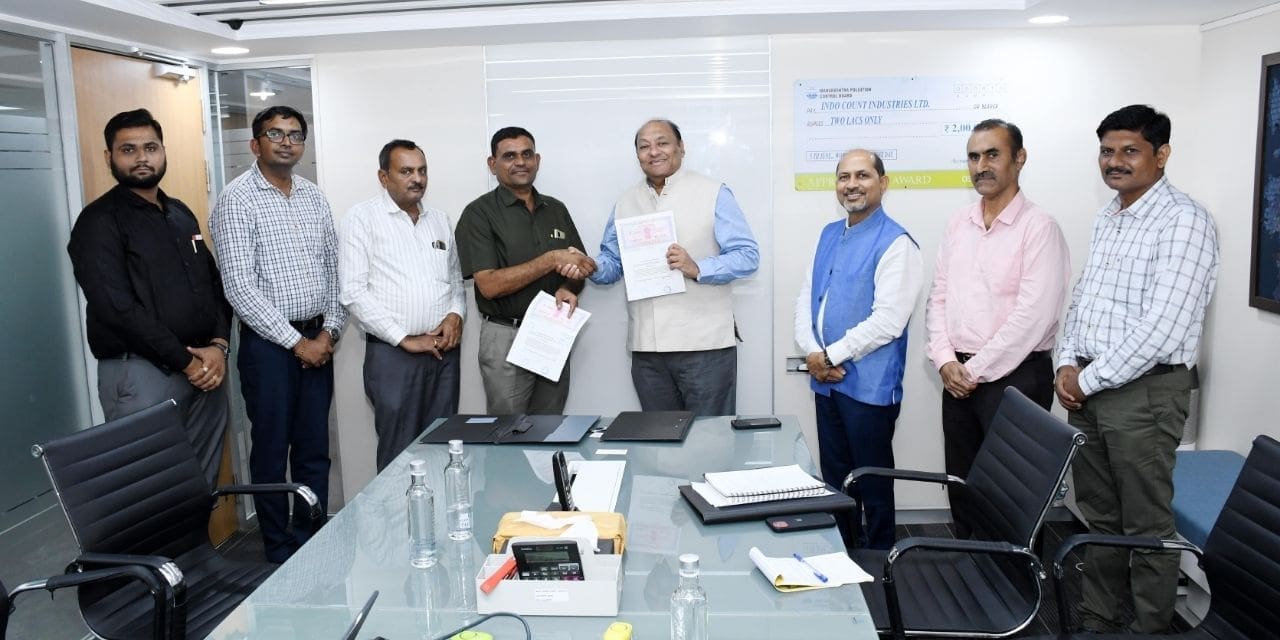By signing a Memorandum of Understanding (MoU) to launch the Regenagri Cotton Project, Indo Count Industries Limited, a corporate leader in the home textiles manufacturing industry, and Shreeram Cotton Industries, a premier ginning unit and ICS based in Gujarat known for producing premium Sankar-6 cotton, have made a significant advancement in sustainable agriculture.
Through this partnership, two businesses dedicated to improving farming methods with an emphasis on resilience and sustainability will work together. By equipping farmers with the skills and resources necessary to prosper in a changing agricultural environment, the Regenagri project seeks to empower farmers and ensure that farming systems coexist peacefully with the environment while remaining commercially viable.
Regenerative agriculture, or regenerative agriculture in short, refers to comprehensive farming practices intended to increase soil health, biodiversity, and air and water quality. The initiative aims to promote positive change in the agriculture sector by combining the resources and skills of Indo Count Industries and Shreeram Cotton Industries. This will help to enhance environmental sustainability and community well-being.
The CEO and Executive Director of Indo Count Industries Limited, Mr. K K Lalpuria, stated, “We are excited to announce this partnership by signing the MOU.” “Regenagri underscores our shared commitment to advancing sustainable agriculture practices that benefit both farmers and the environment.”
Partner at Shreeram Cotton Industries, Mr. Natubhai Panchani, said, “We think that by banding together, we can make great strides toward creating a more sustainable future for agriculture. Through the Regenagri initiative, two organizations’ strengths will be combined to create scalable solutions that can be applied in a variety of agricultural settings.”
The Regenagri Cotton Project seeks to set an example for the industry-wide shift to regenerative techniques by encouraging innovation and collaboration. This collaboration represents a critical turning point in the development of a more resilient and sustainable agriculture

